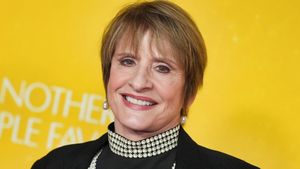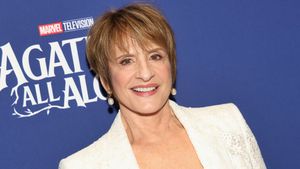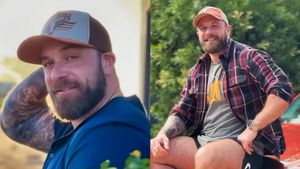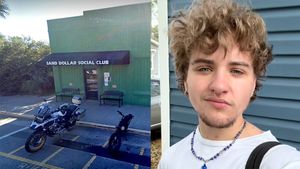When Chris
Kawasaki first arrived at Exodus International eight years
ago, he hoped the group would teach him how to be attracted
to women and be "normal" again. His
mother, who had divorced his father when Chris was 11,
had home-schooled him until he was 14; they were incredibly
close, and for the three weeks since Chris had been
kicked out of his evangelical Christian high school,
she had been nothing but supportive.
Exodus was
another matter.
"They tell
you up front, 'We don't teach you to like
women,' " he says. "It just
dawned on me at that point: What do I do? Do I not love
anyone my entire life? It made no sense to me." After
a second 90-minute session that went nowhere, Chris
slumped back into his mother's car, drowning in
the shame that he couldn't change.
He confessed his
dilemma, and she flipped out.
Chris's
computer was taken. His room was searched. He was told that
no gay people would ever be allowed in his
family's house. To his mother, it was as if
Chris had mutated into an entirely new person, a
stranger--which was, in its way, fitting, since
Chris realized that this was most certainly how he
would feel in that house for the rest of his life: like
a stranger.
What made all of
this doubly painful and difficult for Chris was that he
felt like he was entering terrifyingly foreign territory
without a map.
"I
don't think there's enough gay role
models," he says. "There are political
figures, but they're not necessarily representative
of the overall population. Barney Frank is obviously
vocal in a certain way, but that's one in 535
congressmen. Even in the media you see people backing
off. There's diversity, but there's no
courageous 'Look, I'm OK. I can do this;
you can do this.' "
So Chris set out
to be his own role model, graduating Phi Beta Kappa and
summa cum laude from the University of Pennsylvania. Last
year he started pursuing a master's degree in
public policy at Harvard University's Kennedy
School of Government; now 23, he has a goal of becoming a
powerful aide to a president.
Chris--as
well as Sol Kelly-Jones--was awarded a scholarship
this spring from the Point Foundation, which
specializes in scholarships for GLBT students. Vance
Lancaster, the foundation's executive director, was
impressed with Chris, and he underscores that from his
standpoint, Chris's experience is most likely
more the rule for his generation than the exception.
Lancaster points to a 700% increase in applications since
the foundation launched in 2002, which he's convinced
is not exclusively due to an increased awareness of
the program.
"I also
think it's an indication that there are still
significant problems for gay and lesbian people who
are growing up and coming out earlier,"
Lancaster says.
"I think
there are pockets of acceptance. I think there are also
pockets, maybe even larger pockets, where it's
still a much rougher road for young [GLBT]
kids."















































































